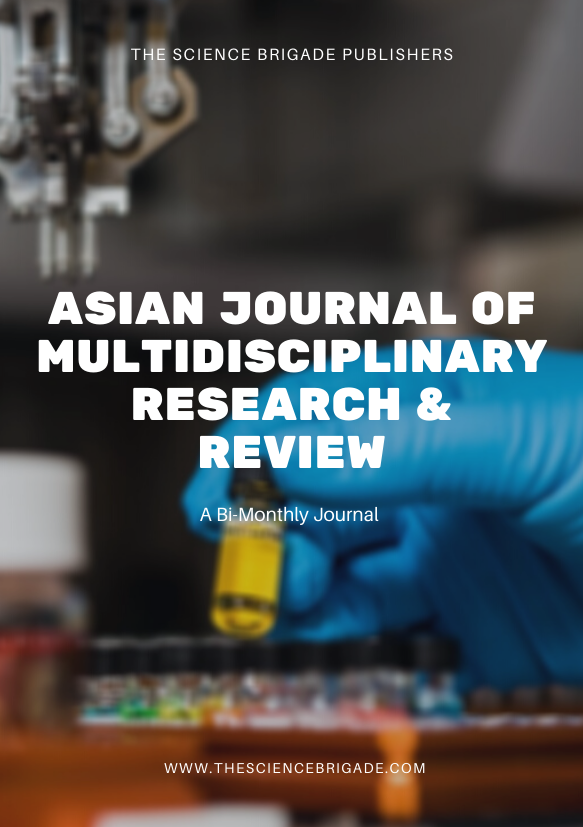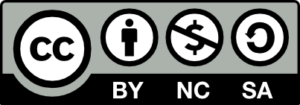This research study would like to determine the extent of implementation of professional learning communities (PLCs), the different challenges and opportunities experienced by teachers, and the strategies established by head teachers and principals in implementing PLCs to selected secondary schools under City Schools Division Office of Antipolo during the school year 2021-2022. This study utilized the qualitative and quantitative method of research in form of online survey questionnaire and interview as the data gathering instrument. The percentage, weighted mean and ANOVA were used as the statistical tools to treat the data. The respondents were composed of 192 teachers and 25 school heads / head teachers.
It was revealed that the extent of implementation of professional learning communities (PLCs) in the selected secondary schools is very high extent. The perceptions of the three groups of respondents on the implementation of PLCs are significantly different in terms of shared and supportive leadership, shared vision and values, supportive conditions, and shared personal practice. On the other hand, the only dimension of PLC implementation that showed no significant difference is the collective learning and application. Also, the implementation of PLCs and the participation of teachers to these activities manifested different challenges and opportunities on their part. The school heads and head teachers viewed PLCs as a good practice of enhancing and establishing the principle of shared leadership, shared responsibility, and shared accountability relative to learning outcomes and achievements. Moreover, it generally helps and supports teachers in improving their individual and professional knowledge, skills, and competencies.






